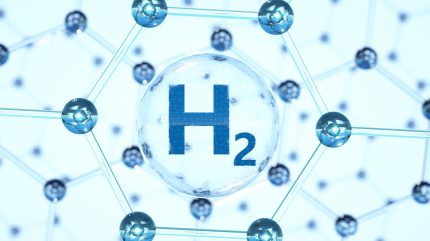
Equinor has abandoned plans to export so-called blue hydrogen to Germany, citing growing expense and a lack of demand.
Norway’s Equinor and Germany’s RWE agreed over two years ago to construct a complete supply chain for the decarbonised hydrogen, in a move that was seen at the time as a clear step towards reducing harmful emissions.
However, the move to stop the project could be seen as a huge blow to those who see blue hydrogen as convenient step towards decarbonisation.
The plans included producing blue hydrogen, ready to be exported to hydrogen-ready gas power plants in Germany via the world’s first offshore hydrogen pipeline.
However, all such plans have now been stopped as the “hydrogen pipeline hasn’t proved to be viable”, said a spokesperson.
They added that Equinor, the Norwegian state-owned multinational energy company, has “decided to discontinue this early phase project”.
How well do you really know your competitors?
Access the most comprehensive Company Profiles on the market, powered by GlobalData. Save hours of research. Gain competitive edge.

Thank you!
Your download email will arrive shortly
Not ready to buy yet? Download a free sample
We are confident about the unique quality of our Company Profiles. However, we want you to make the most beneficial decision for your business, so we offer a free sample that you can download by submitting the below form
By GlobalDataHydrogen has long been seen as a highly useful potential energy source as the world transitions to renewable energy, and is suited to heavy vehicles travelling long distances without recharging.
To be completed, the pipeline required support from both Norway and Germany, and Equinor’s senior executives estimated that the total supply chain cost could run into tens of billions of euros.
In February, the UK announced that its first industrial-scale blue hydrogen plant will power the production of millions of litres of fuel, at one of the UK’s biggest refineries, to be built in Cheshire, northern England.
The UK Government will invest a further £21m ($26.57m) into seven hydrogen projects across the country as it moves to ramp up production of the fuel to meet net-zero targets, although most will produce blue hydrogen.
Four of the selected projects will develop plans for new hydrogen production plants for eventual industrial use. The plants will supply fuel to companies across a range of sectors from pharmaceuticals to automotive, the government said in a press statement at the time.



